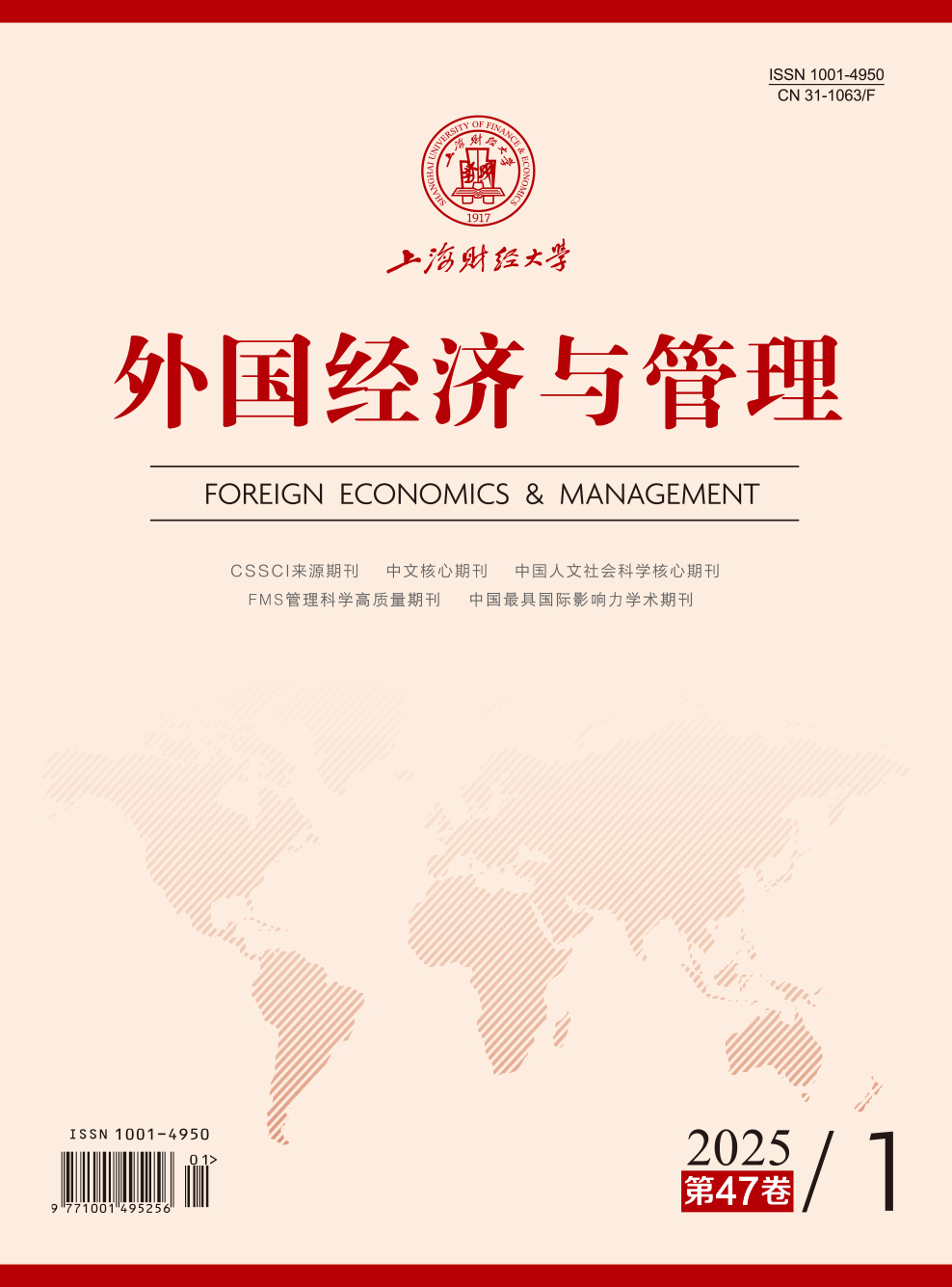作为新型税收征管方式,纳税信用评级旨在通过守信激励机制引导企业自觉诚信纳税,其对避税能否发挥有效的治理作用值得探究。本文以企业设立低税率异地子公司为切入点,研究发现,纳税信用评级能够有效发挥避税治理效应,具体表现为当集团母公司纳税信用等级被评定为A级后,其设立低税率异地子公司的比例显著降低。机制检验表明,纳税信用评级主要通过为企业提供优惠便利并提升企业声誉风险来发挥避税治理效应。异质性检验显示,在地区社会信任程度低、行业经济地位低、产品独特性高的样本组中,纳税信用评级的避税治理效应更为明显。文章深化了纳税信用评级改善企业税收遵从的相关研究,同时也为税务机关针对集团公司有的放矢地开展反避税防控工作提供了有益参考。
纳税信用评级的避税治理效应研究——基于设立低税率异地子公司的视角
摘要
参考文献
4 冯晨, 周小昶, 曾艺. 集团公司内的利润转移与避税研究[J]. 中国工业经济, 2023, c,(1): 151-170. DOI:10.3969/j.issn.1006-480X.2023.01.009
7 李明辉. 社会信任对审计师变更的影响——基于CGSS调查数据的研究[J]. 审计研究, 2019, (1): 110-119. DOI:10.3969/j.issn.1002-4239.2019.01.015
10 马光荣, 程小萌. 区域性税收优惠政策、企业异地发展与避税[J]. 世界经济, 2022, 45(12): 129-152.
14 赵仁杰, 周小昶. 区域性税收优惠与企业异地投资的避税效应[J]. 财贸经济, 2022, 43(11): 59-74. DOI:10.3969/j.issn.1002-8102.2022.11.004
16 Balakrishnan K, Blouin J L, Guay W R. Tax aggressiveness and corporate transparency[J]. The Accounting Review, 2019, 94(1): 45-69. DOI:10.2308/accr-52130
17 Chow T K, Hoopes J L, Maydew E L. Profit shifting during foreign tax holidays[J]. The Accounting Review, 2023, 98(4): 115-142. DOI:10.2308/TAR-2020-0376
18 De Simone L, Mills L F, Stomberg B. Using IRS data to identify income shifting to foreign affiliates[J]. Review of Accounting Studies, 2019, 24(2): 694-730. DOI:10.1007/s11142-019-9484-4
19 Dyreng S D, Lindsey B P, Thornock J R. Exploring the role delaware plays as a domestic tax haven[J]. Journal of Financial Economics, 2013, 108(3): 751-772. DOI:10.1016/j.jfineco.2013.01.004
20 Hadlock C J, Pierce J R. New evidence on measuring financial constraints: Moving beyond the KZ index[J]. The Review of Financial Studies, 2010, 23(5): 1909-1940. DOI:10.1093/rfs/hhq009
21 Kanagaretnam K, Lee J, Lim C Y, et al. Societal trust and corporate tax avoidance[J]. Review of Accounting Studies, 2018, 23(4): 1588-1628. DOI:10.1007/s11142-018-9466-y
22 Kim J B, Li Y H, Zhang L D. Corporate tax avoidance and stock price crash risk: Firm-level analysis[J]. Journal of Financial Economics, 2011, 100(3): 639-662. DOI:10.1016/j.jfineco.2010.07.007
23 McGuire S T, Rane S G, Weaver C D. Cost structure and tax-motivated income shifting[J]. The Accounting Review, 2023, 98(7): 435-456. DOI:10.2308/TAR-2020-0190
24 Oster E. Unobservable selection and coefficient stability: Theory and evidence[J]. Journal of Business & Economic Statistics, 2019, 37(2): 187-204.
25 Ru H. Government credit, a double-edged sword: Evidence from the China development bank[J]. The Journal of Finance, 2018, 73(1): 275-316. DOI:10.1111/jofi.12585
26 Titman S, Wessels R. The determinants of capital structure choice[J]. The Journal of Finance, 1988, 43(1): 1-19. DOI:10.1111/j.1540-6261.1988.tb02585.x
27 Tørsløv T R, Wier L S, Zucman G. The missing profits of nations[J]. The Review of Economic Studies, 2023, 90(3): 1499-1534. DOI:10.1093/restud/rdac049
28 Zucman G. The missing wealth of nations: Are Europe and the U. S. net debtors or net creditors?[J]. The Quarterly Journal of Economics, 2013, 128(3): 1321-1364. DOI:10.1093/qje/qjt012
引用本文
周泽将, 刘瑾, 雷玲. 纳税信用评级的避税治理效应研究——基于设立低税率异地子公司的视角[J]. 外国经济与管理, 2025, 47(1): 21-37.
导出参考文献,格式为:





 3662
3662  4278
4278

